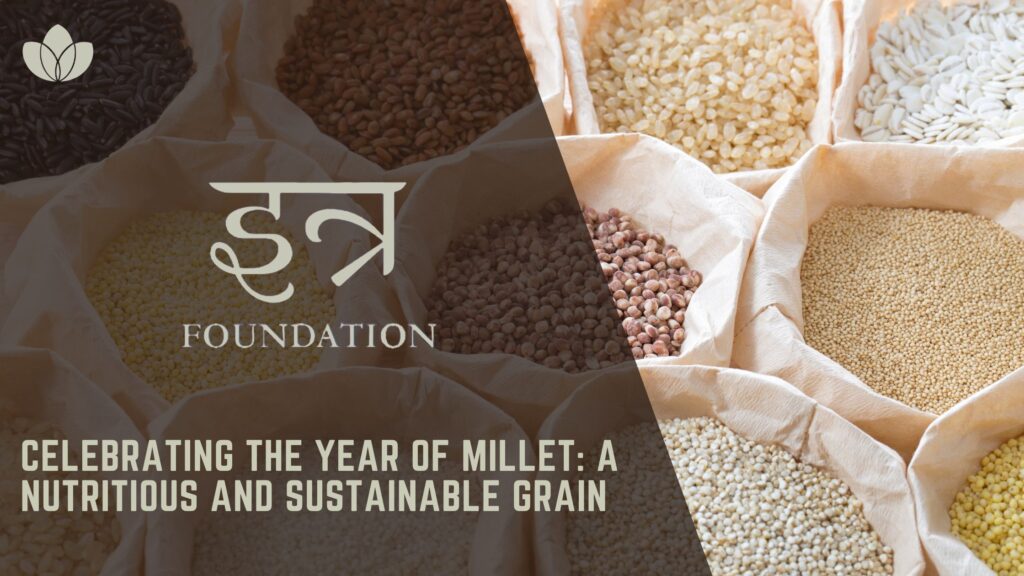Introduction
Holy basil, also known as tulsi, is a type of basil that is native to India and is revered for its cultural and spiritual significance in Hinduism. In addition to its many health benefits and flavorful taste, tulsi is also a sustainable and eco-friendly choice for the home garden or green space. In this blog, we will explore the environmental benefits of planting and caring for tulsi, including improved air quality, water conservation, soil health, and biodiversity. As we strive to live more sustainably and protect the environment, tulsi is a valuable plant to consider adding to our gardens and daily routines.
Improved air quality
One of the most notable environmental benefits of tulsi is its ability to improve air quality. Holy basil is believed to have natural air-purifying properties and has been shown to absorb toxins and pollutants from the air. This makes tulsi an excellent choice for indoor plants, as it can help to improve the air quality in your home or office. By removing harmful substances from the air, tulsi can help to reduce the risk of respiratory issues and other health problems. In addition, the presence of plants in the home has been shown to have a calming and stress-reducing effect, making tulsi a great choice for promoting both physical and mental well-being.
Water conservation
In addition to its air-purifying properties, tulsi is also a drought-resistant plant that requires minimal watering. This makes it an excellent choice for gardens in dry or arid climates, as it can help to conserve water resources. As global water shortages continue to be a concern, it is important to choose plants that are able to thrive with minimal water usage. By choosing drought-resistant plants like tulsi, we can do our part to reduce our water consumption and support sustainable agriculture practices. In addition, the low water usage of tulsi can also help to reduce the burden on local water sources, making it a more environmentally friendly choice for the garden.
Soil health
Another benefit of tulsi is its ability to improve soil health and fertility. Holy basil is believed to have a positive impact on soil quality and has been shown to improve the nutrient content of the soil. This is especially important in sustainable growing practices, as healthy soil is essential for growing healthy plants. By choosing plants like tulsi that are able to improve soil health, we can contribute to the long-term health of our planet. In addition, the presence of tulsi in the garden may also help to attract pollinators and other beneficial insects, further supporting a healthy and diverse ecosystem.
Biodiversity
In addition to its environmental benefits, tulsi is also a great choice for supporting biodiversity in the garden. Holy basil is believed to attract pollinators and other beneficial insects, which are essential for the health and vitality of any ecosystem. Pollinators like bees, butterflies, and hummingbirds play a crucial role in the reproduction of plants, and the presence of these insects in the garden can help to support a healthy and diverse ecosystem. By choosing plants like tulsi that are able to attract pollinators, we can do our part to support a healthy and thriving environment. In addition, the presence of diverse plant and animal life in the garden can also provide a more enjoyable and fulfilling experience for those who spend time in nature.
Conclusion
In conclusion, holy basil, or tulsi, is a valuable plant to consider incorporating into the home garden or green space. With its many health benefits and flavorful taste, tulsi is a versatile and useful herb that can support a more sustainable future. By choosing tulsi, we can enjoy the environmental benefits of improved air quality, water conservation, soil health, and biodiversity. As we strive to live more sustainably and protect the environment, tulsi is a valuable plant to consider adding to our gardens and daily routines. So why not give tulsi a try and see the many ways that this ancient herb can support a healthy and sustainable future?




